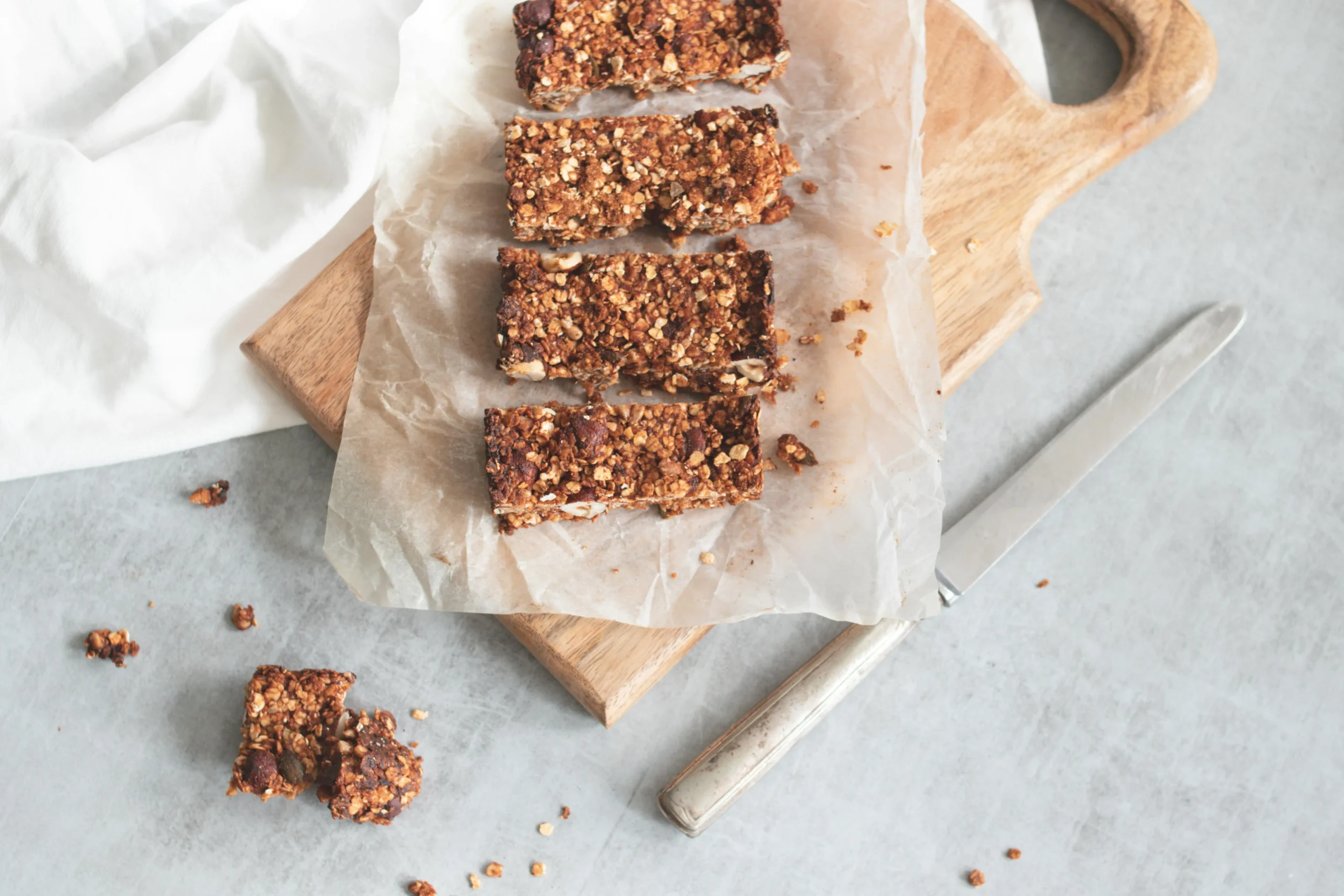How to Get More Fiber in Your Diet for Better Digestion
Are you looking to improve your digestion and overall health? One simple and effective way to do so is by incorporating more fiber into your diet. Fiber is essential for healthy digestion, as it helps to regulate bowel movements, prevent constipation, and support a healthy gut. In this comprehensive guide, we will explore the benefits of fiber, how to incorporate more fiber-rich foods into your diet, and tips for better digestion.
The Benefits of Fiber
Fiber is a type of carbohydrate that the body cannot digest. Instead, it passes through the digestive system relatively intact, adding bulk to stool and promoting regular bowel movements. There are two main types of fiber: soluble fiber, which dissolves in water and forms a gel-like substance, and insoluble fiber, which does not dissolve in water and helps to move waste through the digestive tract.
Some of the key benefits of fiber include:
Read also: Beginner’s Guide to Daily Stretching for Improved Flexibility
- Preventing constipation
- Supporting a healthy gut microbiome
- Regulating blood sugar levels
- Lowering cholesterol levels
- Aiding in weight management
Read also: Healthy Family Life: Tips for Staying Fit with a Busy Schedule
How to Incorporate More Fiber into Your Diet
Now that we understand the importance of fiber for digestion and overall health, let’s explore some practical tips for increasing your fiber intake:
- Start your day with a fiber-rich breakfast, such as oatmeal topped with berries and nuts.
- Include plenty of fruits and vegetables in your meals, aiming for at least five servings per day.
- Choose whole grains, such as brown rice, quinoa, and whole wheat bread, over refined grains.
- Snack on nuts, seeds, and legumes for a healthy dose of fiber and protein.
- Add beans and lentils to soups, salads, and stews for a hearty and fiber-packed meal.
- Swap out sugary snacks for fiber-rich options like popcorn, air-popped chips, or whole fruit.
Tips for Better Digestion
In addition to increasing your fiber intake, there are several other ways to promote healthy digestion:
- Stay hydrated by drinking plenty of water throughout the day.
- Exercise regularly to support digestion and overall gut health.
- Avoid processed foods, sugary drinks, and excessive amounts of caffeine and alcohol.
- Practice mindful eating by chewing your food thoroughly and eating slowly.
- Consider taking a probiotic supplement to support a healthy gut microbiome.
By incorporating more fiber-rich foods into your diet and following these tips for better digestion, you can support a healthy gut, prevent digestive issues, and improve your overall well-being. Remember to listen to your body, make gradual changes, and consult with a healthcare provider if you have any concerns about your digestive health. Here’s to better digestion and a happier, healthier you!
FAQ
1. What are high-fiber foods?
High-fiber foods are those that are rich in dietary fiber, such as fruits, vegetables, whole grains, legumes, nuts, and seeds. These foods are essential for promoting healthy digestion and overall well-being.
2. How does fiber benefit digestion?
Fiber helps to regulate bowel movements, prevent constipation, and promote a healthy gut microbiome. It also aids in weight management, reduces the risk of digestive disorders, and can lower cholesterol levels.
3. How much fiber should I consume daily?
It is recommended to consume between 25-38 grams of fiber per day, depending on age, gender, and individual health needs. Gradually increase fiber intake to avoid digestive discomfort.
4. Can I get enough fiber from supplements alone?
While fiber supplements can be helpful, it is best to obtain fiber from whole foods as they also provide essential nutrients and phytochemicals that are beneficial for digestion and overall health.
5. What are some easy ways to increase fiber intake?
Some simple ways to boost fiber intake include adding chia seeds or flaxseeds to smoothies, choosing whole grains over refined grains, snacking on fruits and vegetables, and incorporating legumes into soups and salads.
6. Will increasing fiber intake cause bloating or gas?
Increasing fiber intake too quickly may cause bloating or gas as your body adjusts. To minimize discomfort, gradually increase fiber intake, drink plenty of water, and consider cooking certain high-fiber foods to make them easier to digest.
7. Are there any risks associated with a high-fiber diet?
While fiber is generally beneficial, consuming excessive amounts of fiber without adequate fluid intake can lead to digestive issues such as bloating, gas, and diarrhea. It is important to balance fiber intake with hydration.
8. Can a high-fiber diet help with weight loss?
Yes, a high-fiber diet can aid in weight loss by promoting feelings of fullness, reducing calorie intake, and improving digestion. Fiber-rich foods are also typically lower in calories and higher in nutrients.
9. How long does it take to see improvements in digestion from a high-fiber diet?
Individual results may vary, but many people experience improvements in digestion within a few days to a week of increasing fiber intake. Consistency is key to long-term benefits.
10. Can I follow a high-fiber diet if I have certain digestive conditions?
Consult with a healthcare provider before making significant changes to your diet, especially if you have digestive conditions such as irritable bowel syndrome (IBS), Crohn’s disease, or diverticulitis. They can provide personalized recommendations based on your specific needs.
What is a professional’s opinion?
According to Dr. Jane Smith, a registered dietitian specializing in digestive health, incorporating a high-fiber diet is crucial for maintaining optimal digestive function. It is important to gradually increase fiber intake, stay hydrated, and listen to your body’s responses to make sustainable dietary changes.

